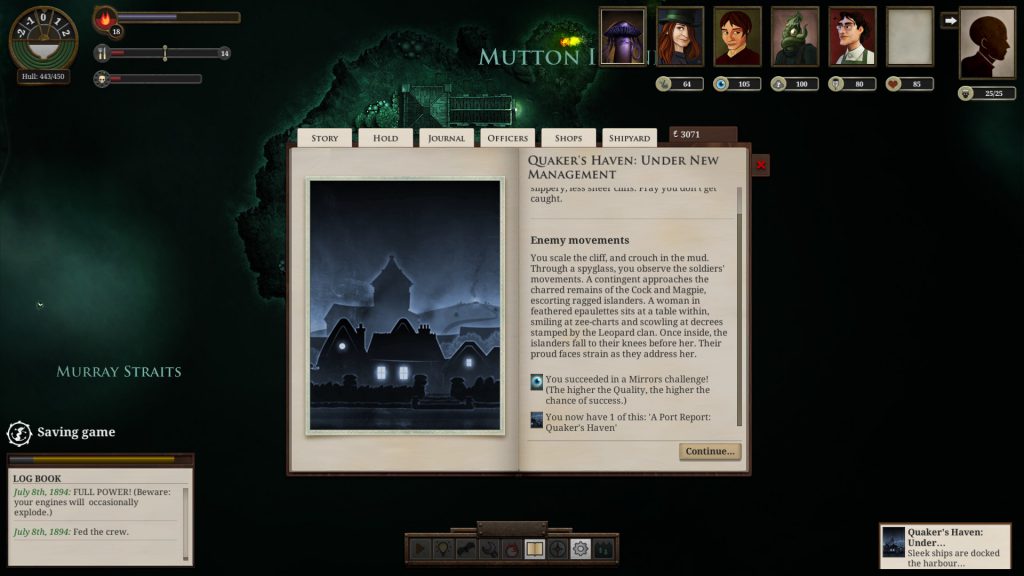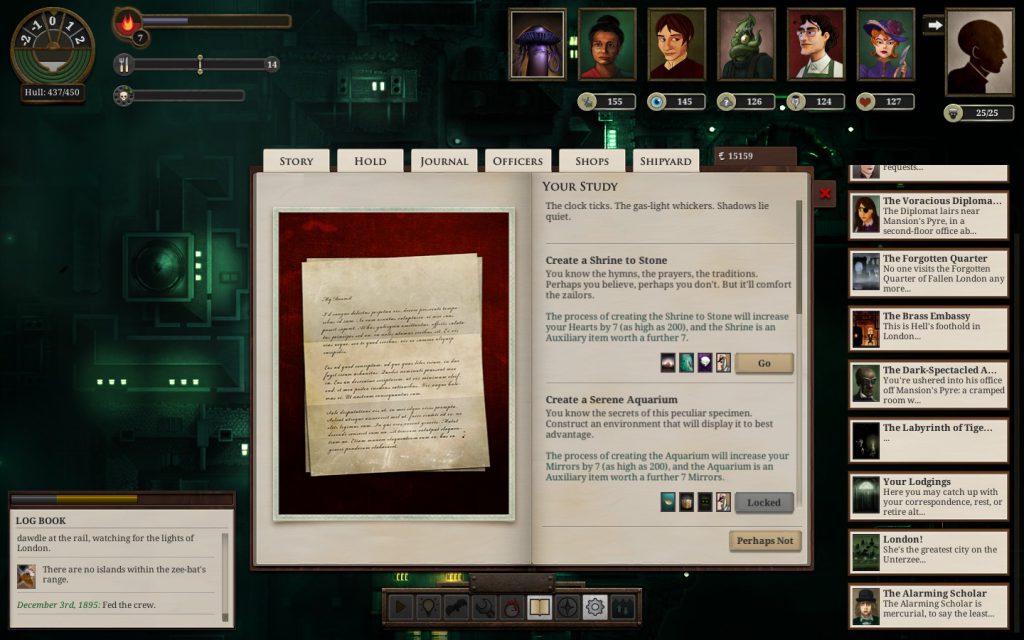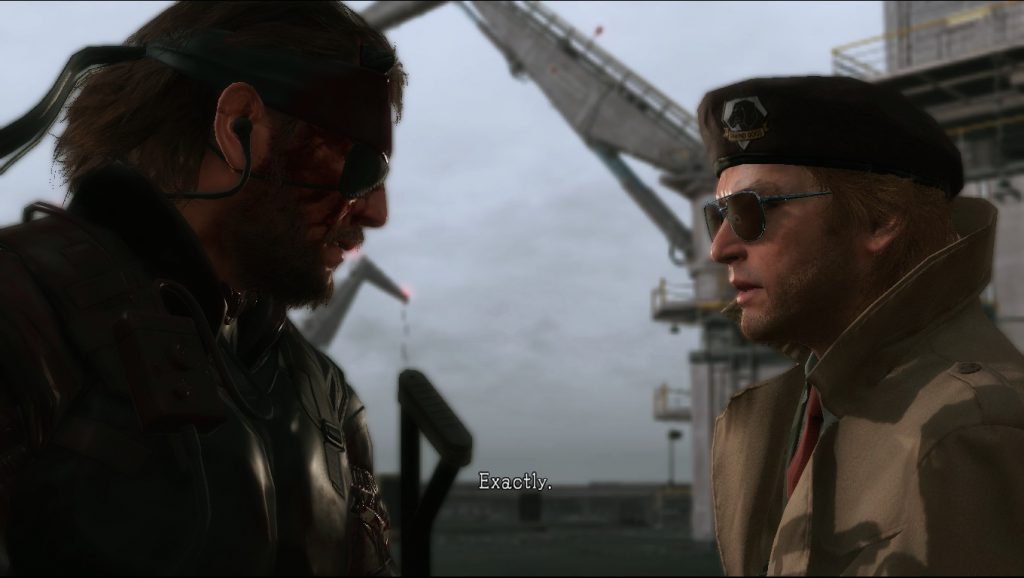Engagement, ADHD, and Gaming
Video games are an interactive audio-visual medium that can conveys stories or experiences in a way few other forms of media can. The methods used by games to convey themselves are as varied as the genres they cover. This diversity allows gaming to cater to everyone, even those with neuro-divergencies. Here’s my experience with ADHD and Gaming.
Recently, I tried to pick up Starsector. It’s an indie RPG from 2013 all about being a space adventurer with a star fleet with political intrigue, exploration, and resource management elements mixed in. I tried to play it, saw several walls of text within the first fifteen minutes of play, and promptly stopped.
Reflecting on the experience it was clear to me that the ungainly nature and verbosity of the text was what set off my impatience. I’m no stranger to long-winded and meticulously written stories in games, in fact some of my favorites can be easily described as “wordy” and “cumbersome” and yet I see them all in a positive light.
So if it isn’t the words themselves nor the volume, what else could be setting me off?
Presentation.
I have ADHD. I was diagnosed with the disorder several months after I got my Bachelors degree. Finding out about my condition helped explain a lot of my academic difficulties while I was still studying. I’ll not bog us down with the details, but basically speaking I learn more easily with interactive media than with plain text.

Seeing lengthy paragraphs reminds me of the difficulties from my youth trying to read books for study and leasure. I don’t like being reminded of those experiences. However, once the text is translated into an audio/visual experience, or abridged into its essentials, its contents become more palatable for me.
With this in mind it comes as no surprise that the first two games that came to my mind while stewing over the Starsector experience were two games that catered well to ADHD gamer; Sunless Sea and Metal Gear Solid V: The Phantom Pain.
Sunless Sea is a rougelike choose-your-own adventure style RPG set in the Fallen London universe by Failbetter Games. It is a loquacious load of literature written in an off-kilter style that isn’t to everyone’s taste, but for me it’s greatest virtue is in the writing.
Most of the text is written in short, easily digestible paragraphs no more than two to three lines long. Besides this, it also separates fluff from your objectives. The fluff text gives you lore, background, and additional information. The Objective text tells you what you need to do, and how to do it.

The Phantom Pain meanwhile is a Tactical Third-Person Shooter RPG. It has you playing the role of a lone wolf supercommando attempting to stop a worldwide conspiracy. The game’s narrative therefore has to take the form of something appropriate to match.
Very little text diegetically exists in the game. The story-beats and dramatic moments are conveyed to the player through cutscenes in that classic Kojima cinematic style. Even the background lore follows this trend as it’s all given to you as audio logs.

The brisk nature of Sunless Sea’s writing, and The Phantom Pain’s more ready reliance on bombastic audio-visual presentation give them an edge for the ADHD gamer. They tell me what I need to do and what I need to know and rarely outstay their welcome. This allows me, the player, to be given my the information I need and to get on with the rest of the game in peace.
Is this a slight against Starsector and games like it? No it isn’t. Starsector may not be a game for me, but I am not every gamer. Judging by the fact that it does have a cult following, there is most definitely an audience for it. And I’m glad someone is finding joy in the experiences that game provides.
I appreciate the fact that there are games out there that cater to my and others’ tastes and needs in gaming. In fact I would say gaming as a whole has done more for people with ADHD than others. It’s a media that plays into the core strengths of the disorder. And I’m glad it makes people like myself feel like there’s a place for us to turn to for leisure, play, and learning.
Comments are closed.